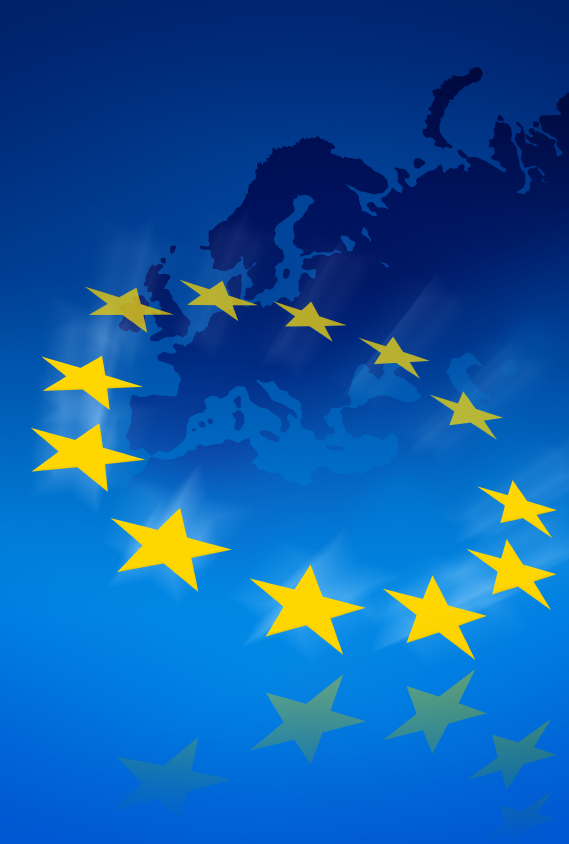 |
| Figure 1: The European Union Flag. |
Today, we received a lecture on the political history of
Belgium, the history and importance of the European Union, and visited the
Belgian Federal Parliament. I was supposed to visit the Rene Magritte Museum,
but I bailed because I still felt pretty sick.
I was most interested in what we learned about regarding the
European Union. I never thought it was really a union, but instead a collaboration
of several different countries. After today’s lecture, my opinion of the EU was
solidified. Turns out after WWII, Europe was completely destroyed and lost a
lot of influence on the world. The young people in France were suddenly
becoming more American because Americans were more influential at that time, so
naturally the French feared that their young people would lose their identity
of being French (and thus lose the French culture in general since the young people
are the future of their nation). They sought a solution to preserve European identity
and decided to create the European Union. The Germans supported this idea to
unite Europe since they had a hostile image after losing the war, so to change and
improve their image, they wanted to participate in the creation of the union
that would promote peace among these nations.
Some European politicians would look at the United States
and find the idea of uniting the European countries together the same way the
states are together would be beneficial. However, there is already one major
flaw in that comparison: The United States is actually one nation. The European
Union, on the other hand, is not one nation. It’s a collaboration of several different
countries with their own histories, culture, and language. The United States,
on the other hand, has one official language and shares one history. Sure, one
can say that it is easy to tell if someone is from Texas or California based on
the accent, or that the government in Texas is a bit different from that in
California, but in general, because there is one overarching government in the
United States, it is clear that America is one nation. Americans think of
themselves as American first before they consider themselves Californian or
Texan. It appears that a Dutchman would consider himself Dutch first before he
considers himself European. Do people in Europe even know what it means to be
European? What exactly identifies a person as being European? From my
perspective, it appears that a person is European if they live in the continent
known as Europe.
No comments:
Post a Comment